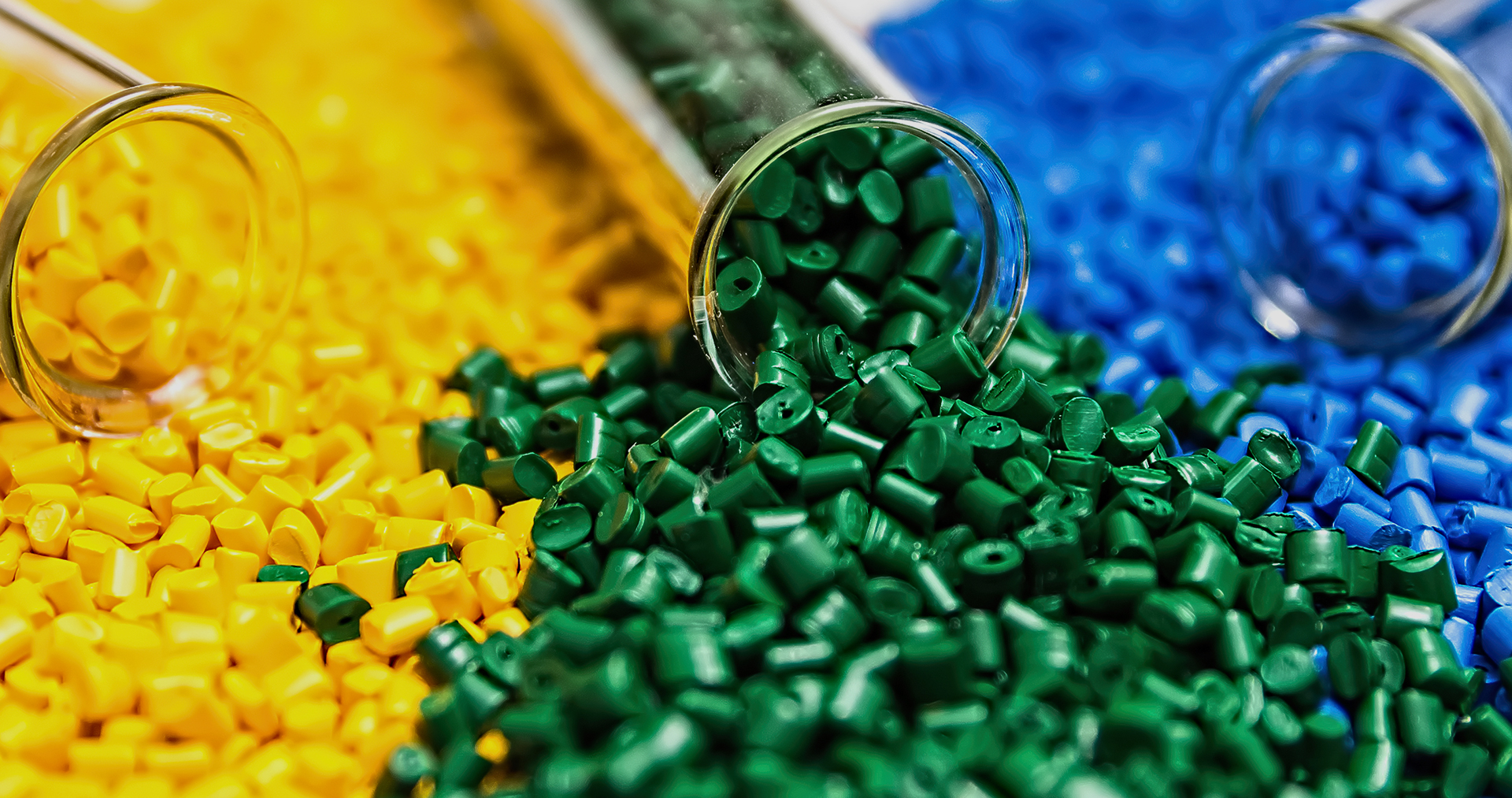
High Impact Polystyrene (HIPS), stands out as a real engineering miracle in the rapidly developing field of materials science. Industries all over the world have taken notice of this lightweight, strong, and chemically resistant material because of its exceptional processability, superior surface qualities, and superior thermal and electrical insulation characteristics.
Leading enterprises in a variety of sectors find HIPS to be a vital option due to its exceptional weather and high heat resistance, as well as its compliance with strict food contact standards.
HIPS offers a unique combination of advantages that make it a preferred choice in numerous applications.

Because of its remarkable impact resistance and lightweight design, HIPS is a great option for applications where strength and durability are crucial.

Thanks to HIPS's exceptional processability, a variety of manufacturing processes, including injection molding, extrusion, and thermoforming, are possible, allowing for the production of detailed and complicated designs.

HIPS is a flexible solution for a range of applications, from food packaging to medical equipment, thanks to its exceptional surface qualities and chemical resistance.

HIPS's exceptional thermal and electrical insulation qualities further maximize its potential and position it as a top option for sectors requiring strict control over temperature and electricity.
The true power of HIPS lies in its diverse applications across numerous industries. From consumer goods to healthcare, this remarkable material is revolutionizing the way products are designed, manufactured, and used.
 Consumer goods
Consumer goods The chemical resistance and the impact-resistant nature of HIPS enable its application in the housing and components of household appliances such as fridges, washing machines, vacuum cleaners, and others. The insulating properties help maintain efficiency and performance for the appliances.
HIPS thermoforming properties and food grade compliance allow its use in food and beverage packaging. Its chemical resistance is essential for the preservation and safety of the packaged products.
The high impact and lightweight nature makes HIPS suitable for toys, sports equipment, and recreational products.
HIPS is used in electronic enclosures and housings due to its electrical insulating properties and thermal resistance. Its application is critical for the safety and protection of the critical components.
HIPS formability allows its application in the manufacture of various furniture and home decor items such as shelves, frames, and decorative accents.
 Automotive industry
Automotive industry HIPS’s strength and chemical resistance are attractive for automotive interior applications. Manufacturers often use it to produce dashboard panels, door trims, and center consoles to give these elements a durable and more pleasing finish.
Another group of car elements where HIPS is widely used is the exterior parts and accessories. Since the material is resistant to weather degradation and easily manageable at the same time, bumpers, fenders, and trim pieces can be manufactured to enhance car design and promote better performance.
Due to HIPS’s thermal insulation characteristics and chemical resistance, car manufacturers can apply it for under-the-hood components. Engine covers, air intake systems, and other elements must be able to last in an environment that is often defined as hazardous.
HIPS’s optical clarity and resistance to UV exposure also make it an option for lighting housings and lenses. This ensures that the lens will retain its clarity for long.
 Medical and healthcare
Medical and healthcare HIPS’s abidance to rigorous food contact regulations, as well as the possibility of its sterilization and resistance to chemicals, makes it an excellent material for producing disposable medical paraphernalia, such as syringes, IV bags, and other single-use products.
Due to its impact resistance and lightness, HIPS can be a suitable material for producing prosthetic limbs and orthotic devices, which will be not only comfortable but also durable.
HIPS’s resilience to chemicals and heat insulating properties allow this material to be used to produce components and cases for a wide range of lab equipment and instruments, ensuring both reliability and protection.
HIPS’s compliance with food standards and protective properties allow it to be an effective packaging material for medical supplies, ensuring the integrity and safety of its content.
 Building and Construction
Building and Construction The material’s high thermal and acoustic insulation properties enable the production of insulation panels for residential and commercial buildings that improve energy efficiency and reduce noise levels.
Its ease in being melted into complex forms enables the creation of long-lasting and aesthetically appealing wall cladding as well as decorative architectural elements.
The material’s resistance to environmental factors and ability to absorb an impact makes it a suitable material for the production of flooring and roofing components that provide safety and longevity.
Due to chemical resistance and ease of fabrication, it is suitable for the production of piping and conduits used in plumbing, electrical, and other building infrastructure systems.


We would love to hear from you. Whether you have a question about our products, need advice on choosing the right materials, or want to learn more about our sustainability initiatives, our team is here to help. Please reach out to us at